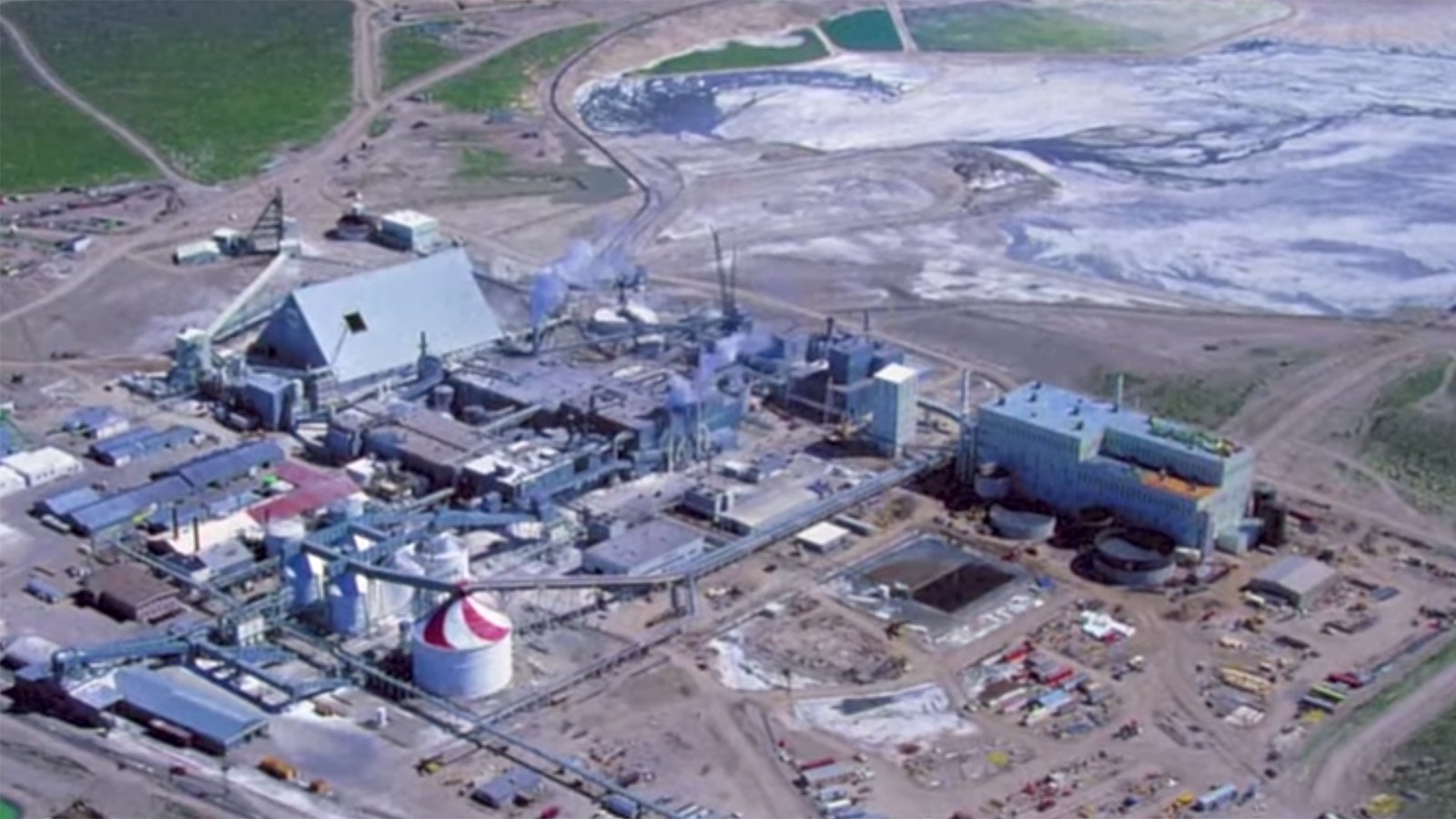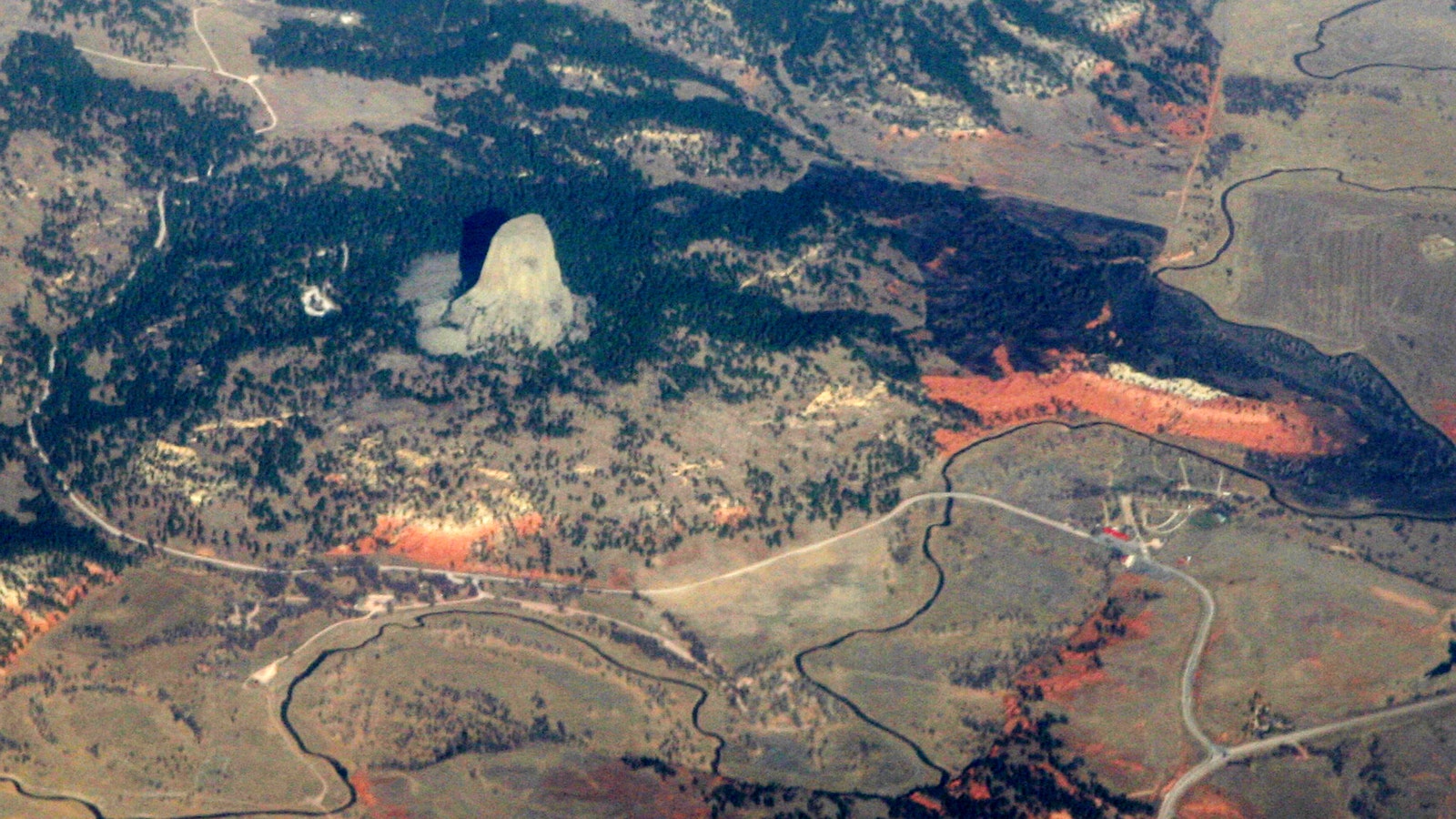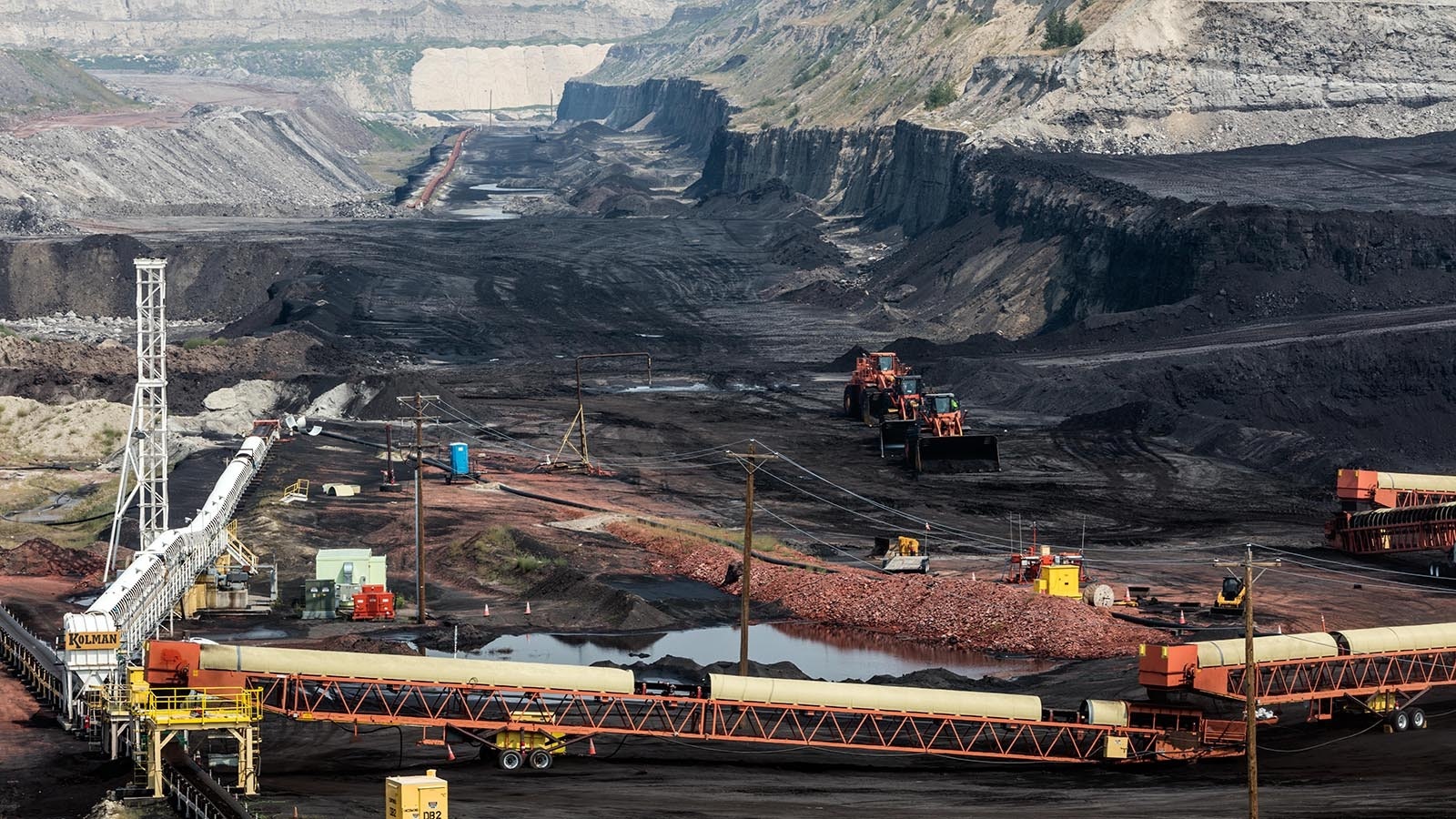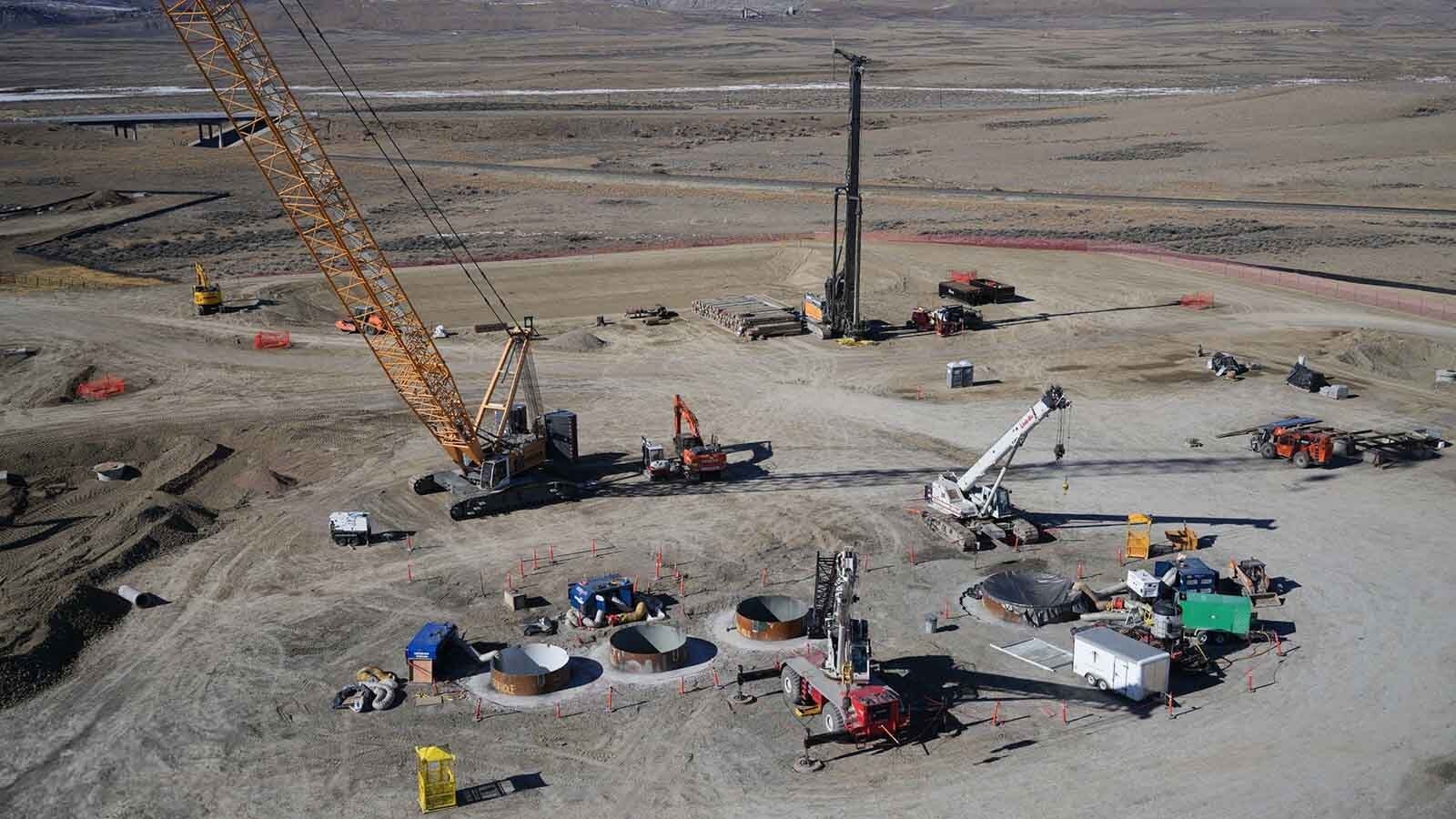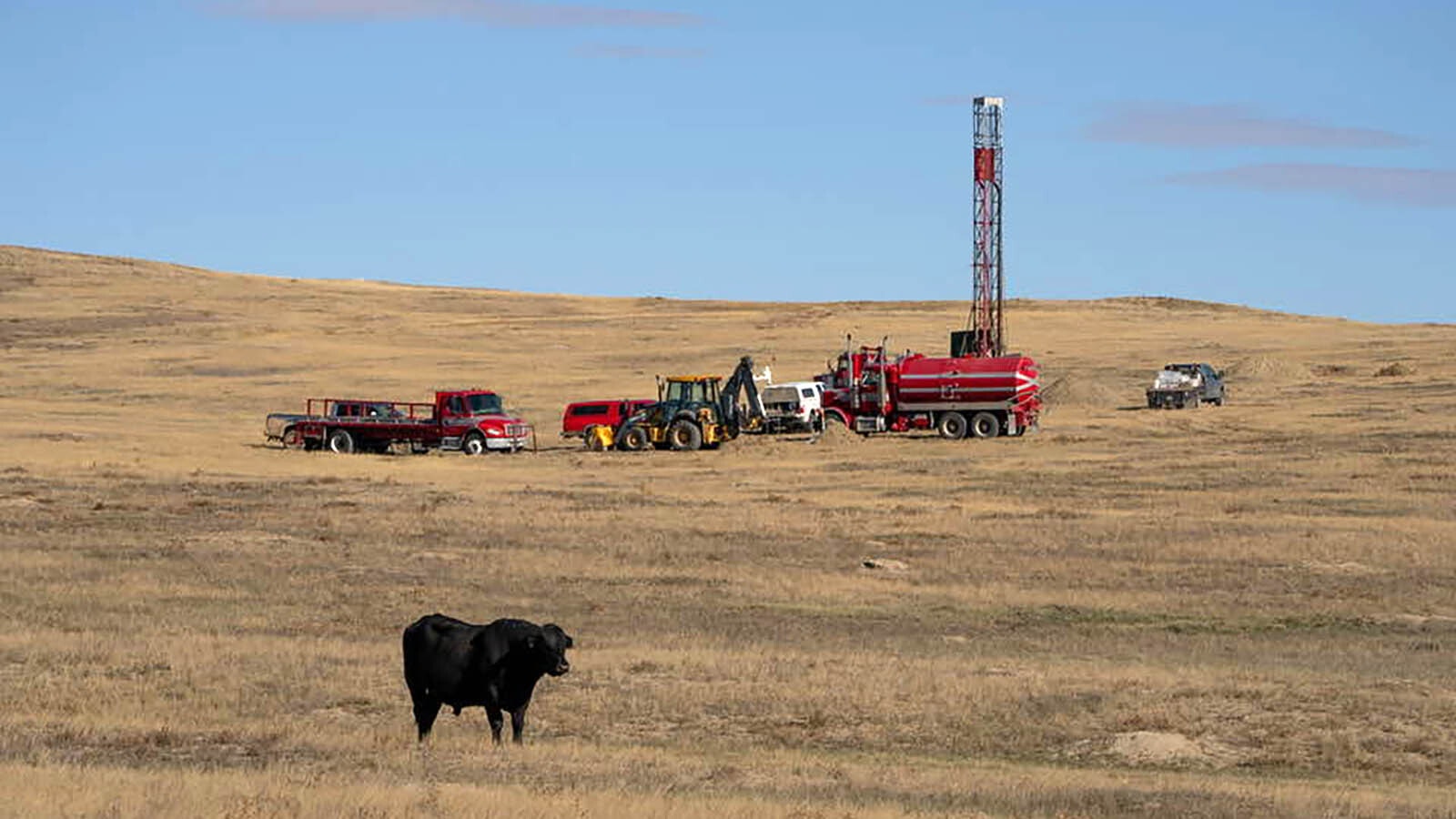The problems with inadequate rail service in Wyoming aren’t just impacting coal.
The four trona mines in southwest Wyoming missed out on $20 million in revenues in the first quarter of the year because they couldn’t move product.
While the mines report improved service since earlier in the year, Wyoming wheat producers say it’s gotten steadily worse over the past several years.
Losses Add Up
Rail service has plagued the coal industry in the past couple years, resulting in $100 million lost revenues to Wyoming.
Representatives of other state industries told the Minerals, Business and Economic Development Committee this week that rail service issues are impacting Wyoming’s wheat and trona production as well.
Fred von Ahrens, vice-president of manufacturing for Genesis Alkali, said each mine owns its own rail cars. At times, they will share them, but the mines need their own rail cars to leave the mine full and come back to the same mine empty.
When rail cars from other mines are mixed in, von Ahrens said the mine employees have to spend a “significant amount of time” sorting the cars out.
Rep. Donald Burkhart, R-Rawlins, asked von Ahrens if the cars couldn’t be colored so that it’s easier for railroad employees to make sure the right cars go to the right mines.
“There’s a lot of people out there with graffiti color coding those cars right now,” von Ahrens joked.
He said Union Pacific is installing electronic identification systems on the cars to help make sure they get to the right facility.
‘This State Runs On Extraction’
Rep. Jon Conrad, R-Mountain View, told Cowboy State Daily that the losses in the first quarter were largely due to inclement weather and manpower shortages at Union Pacific.
Conrad said that the Surface Transportation Board, a federal agency that oversees the economic use of freight rail, came out to visit all four mines last spring.
“Since that meeting occurred, our service has been very, very good,” Conrad said.
Conrad said that the improved service is especially important as some of the trona mines are looking to expand, and a new trona mine is in the planning phase.
Travis Deti, executive director of the Wyoming Mining Association, said at the committee hearing that rail service has improved at Wyoming coal mines since earlier this year.
“This state runs on extraction, and we rely on rail. We need reliable rail service,” Deti said. “We are moving coal again.”
Definitely Worse
Keith Kennedy, executive director of the Wyoming Wheat Marketing Commission, said rail service for wheat producers is not improving.
He said rail transport is vital to the state’s wheat industry not only for exports, but also the imports of inputs used in wheat growing. Delays in fertilizer, he said, have impacted farmers’ yields.
When the trains don’t ship the wheat on time, Kennedy said, the ships at the ports that are transporting the wheat overseas charge a fee to the producers for the delay.
Grain elevators in southeastern Wyoming no longer ship by rail to Ogden, Utah, he said, because trucks are less expensive.
Sen. Chris Rothfuss, D-Laramie, asked Kennedy if these are chronic problems with rail service, or is the service deteriorating.
Kennedy said the rrival of cars at grain elevators is less reliable, the ship times are longer, and the rates have gone up about 50% over the last five years.
“I would say it has been definitively worse,” Kennedy said.
Labor Issues
Tammy Johnson, executive director of the Wyoming AFL-CIO, said that the problems with rail service are the result of decisions the companies make. The employees are doing the best they can under the conditions they have to work in.
She said that the rates that producers in Wyoming pay are based on the commodity being shipped and not its weight. Coal is one of the least profitable of the commodities the rail companies ship.
“Engineers and conductors tell me that the coal trains get moved to the side, or don't leave the port because there's other things that are more valuable,” Johnson said.
She said that the demands of the job, which includes long hours and little time off, impede recruitment and retention of employees. An engineer out of the Cheyenne terminal, she said, told her he has to work 11 days on and four off, and it’s very difficult to schedule time off.
Despite advertisements of $50,000 signing bonuses, Johnson said, there’s so many conditions that have to be met to get the bonus that it’s not attracting workers.
“It’s not what it appears to be. It’s a nice PR piece,” Johnson said.
She said for every employee they recruit, they lose employees.
Investments And Payroll
Nathan Anderson, senior director of public affairs for Union Pacific, said the company’s payroll last year for the state of Wyoming was over $67 million.
Union Pacific, he said, is keeping an eye on economic indicators, and those trends will drive the company’s hiring.
Anderson said that commodities are charged different rates because, unlike other transportation modes, the railroads are bound by a common carrier obligation, which requires the companies to haul any legal product produced. They can’t refuse any of them.
So, the rail companies, Anderson explained, price commodities they ship differently based on market conditions and risks.
Union Pacific, he said, made $55 million in capital investments in the state of Wyoming last year. That was in addition to state purchases and payroll, which was roughly $82 million.

